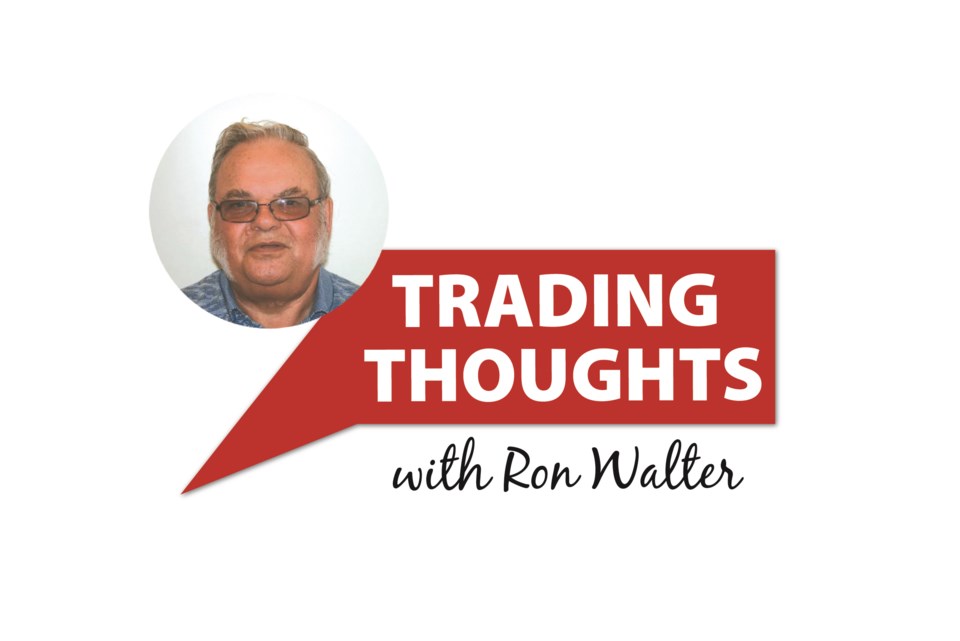The cry from Alberta to separate from Canada has arisen once more.
Alberta has had grievances with Canada ever since the first ranchers arrived — no markets, or high costs of marketing cattle, no protection, too many regulations or too much political interference.
The remoteness of Alberta in the middle of nowhere was a factor determining those alienated feelings.
The anti-government attitude gained momentum in 1899 when Mormon settlers flocked to southern Alberta. Their culture does not appreciate government interference.
The Mormons make up a small portion of Albertans but have influence far beyond their numbers.
When European settlers flooded the province for free land, no one told them of the hardships they faced – another factor alienating the province.
Alberta grievances created a history of political movements from the long-governing United Farmers of Alberta to Social Credit, which ruled for 31 years.
Federally, the province supported the agrarian Progressives, then Social Credit and the Reform Party.
Alberta has been the black sheep of the family of provinces.
When Quebec twice tried to separate from Canada, many Albertans had the attitude — Let Them Go.
Let them build their own currency, build their own banking system, build their own defence system, develop foreign relations and embassies.
And there are treaty rights issues with First Nations to deal with.
As a landlocked jurisdiction, Alberta would have to negotiate use of railways, highways and pipelines through neighbouring provinces, or negotiate with the U.S.A.
Separating from Canada or joining the United States is no simple matter.
Alberta Premier Danielle Smith says she doesn’t want separation, but her demand to ensure highway, railway and pipeline access forever seems to set the path for separation.
While 70 per cent of Albertans would vote to stay in Canada, the constant harping by provincial politicians about Ottawa sends a message.
If enough stories are told enough times, people who don’t pay much attention to politics will start to believe the repeated items.
That is the danger when leaders like Smith and Saskatchewan Premier Scott Moe refuse to oppose separatism.
At 30 per cent, the separatists have enough clout to be taken seriously.
When bureaucrats and Eastern politicians look at the data, they can’t understand why Alberta and Saskatchewan are whining all the time.
Both resource-based provinces are booming.
Average Alberta income at $74,237 is second only to Saskatchewan's at $88,424.
Per capita Gross Domestic Product in Alberta is highest in Canada — $95,570. Saskatchewan is close at $90,725
So why are leaders in these provinces complaining?
It is so easy to deflect from real issues by blaming everything on Ottawa and the Liberals. Maybe they think whining will get them more federal money.
Unfortunately, that doesn't assist in keeping Canada together.
The real danger lies in the possibility of an emotional vote deaf to common sense opting Alberta out.
There are real grievances. The equalization formula, intended to allow the same level of services in each province, is unfair to resource-based economies.
When equalization was negotiated, hydroelectric power wasn’t included, allowing provinces with lots of hydro more access to equalization funds.
Essentially, the main grievance by the West is not wanting to share good fortune with the rest of Canada.
These provinces are lucky to have resources to develop –resources were put there by nature, not by politicians.
Ron Walter can be reached at [email protected] -30
The views and opinions expressed in this article are those of the author, and do not necessarily reflect the position of this publication.




